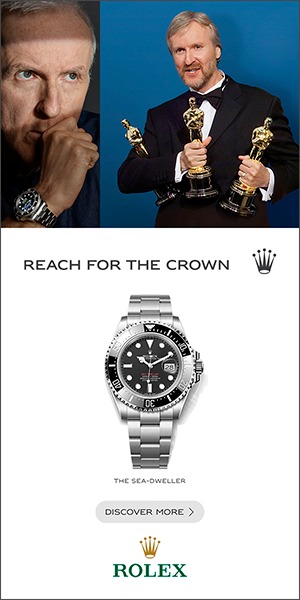Veganism is continuing to gain popularity in the UK but discussions over the negative effects it can have on your hair are rising too. Scaremongering or serious concerns? We spoke to the celebrity hairdresser Edward James to discover whether a vegan diet can really impact your hair quality and what to do to ensure your locks stay strong and healthy.
How could a vegan diet affect your hair?
'Many vegan and vegetarian clients are incredibly well-informed about their diet; however, I have noticed more of these clients suffering from weaker hair growth, increased hair loss and more brittle hair. We also find that their hair has lower tensile strength.'
This occurs because a vegan can struggle to sustain a suitably high level of protein within their diet after the removal of both animal and dairy products. As hair is itself made up of a chain of proteins, this deficit can consequently affect and weaken your hair.
Will adapting your diet help?
'If you are eliminating meat or dairy, it is important to supplement your diet with alternative sources of protein,' says James. 'I'd recommend speaking to a nutritionist and consulting the Vegan Society for advice on following an adequate protein-rich diet.'
What to do if your hair is weak?
The most important step in coping with and solving hair weakness is to safeguard it against further damage. 'Hair that has a lower tensile strength is more likely to snap, so it is essential that you find protective products,' reveals James.
He recommends starting with a pre-shampoo treatment to minimise damage during washing, such as Philip Kingsley's Hair Elasticizer, £33, which increases hair elasticity and protects your hair's cuticle. Or, try Oribe's Gold Lust Pre-Shampoo Intensive Treatment, £62, to minimise damage through friction and pulling.
Before brushing your hair, working from the bottom upwards, look to use a protective spray on wet hair, as this is when hair is at its weakest. Aveda's Damage Control Spray, £20 – which is also vegan-aligned – is James' go-to.
How should you colour your hair?
'If you're colouring your hair, use a hair-bond booster such as the Olaplex system, which is 100 per cent animal-cruelty-free and vegan-friendly,' advises James. 'It will create new chains of disulphide bonds (which are what the hair is made from) whilst the colouring process takes place. This effectively protects the hair during colouring as it is these bonds that break down and not your own hair bonds, resulting in healthy and stronger hair long-term.'
James also uses Aveda colour at his salon as it is '96 per cent naturally derived and contains more natural oils to protect the hair whilst it being coloured'. For at-home colouring, he recommends Tints of Nature, since it is plant-based and doesn't contain any ammonia-heavy colourants.
I need more advice. Where should I go?
If you're worried about the condition of your hair, a frank conversation with your hairdresser during a consultation can be an efficient way to soothe your fears about the best treatments, cuts and styles for you.
'When clients come into the salon for their initial consultation we will normally look at the strength and condition of their hair, particularly when having a colour service,' James emphasises. 'We will assess the hair's tensile strength and elasticity to establish if there is any weakness. If this is the case, we will then carry out a colour-strand test to assess the hair. We feel it is essential that the quality of the hair is not compromised further.'
What else could be impacting my hair?
'There are several other reasons why someone's hair may start to thin, which may include thyroid issues, hormonal changes, iron deficiency, alopecia or genetic deficiencies,' warns James.
So, if you're a vegan struggling with your hair quality, speak to your doctor as well as your hairdresser to make sure you're as healthy as you can be.
from: ELLE UK
/elle-india/media/media_files/2025/12/20/bespoke-1280x720_static_2025__james-cameron_jpg-2025-12-20-11-52-00.jpg)
/elle-india/media/agency_attachments/2024/12/12/2024-12-12t050944592z-2024-11-18t092336231z-czebsydrcd4dzd67f1wr.webp)
/elle-india/media/agency_attachments/2024/12/12/2024-12-12t050944592z-2024-11-18t092336231z-czebsydrcd4dzd67f1wr.webp)
/elle-india/media/media_files/2025/12/20/untitled-1-1-2025-12-20-12-04-20.png)
/elle-india/media/media_files/2025/12/18/arts-and-culture_marayacouple_en_static_display_300x250-2025-12-18-11-05-09.jpg)
